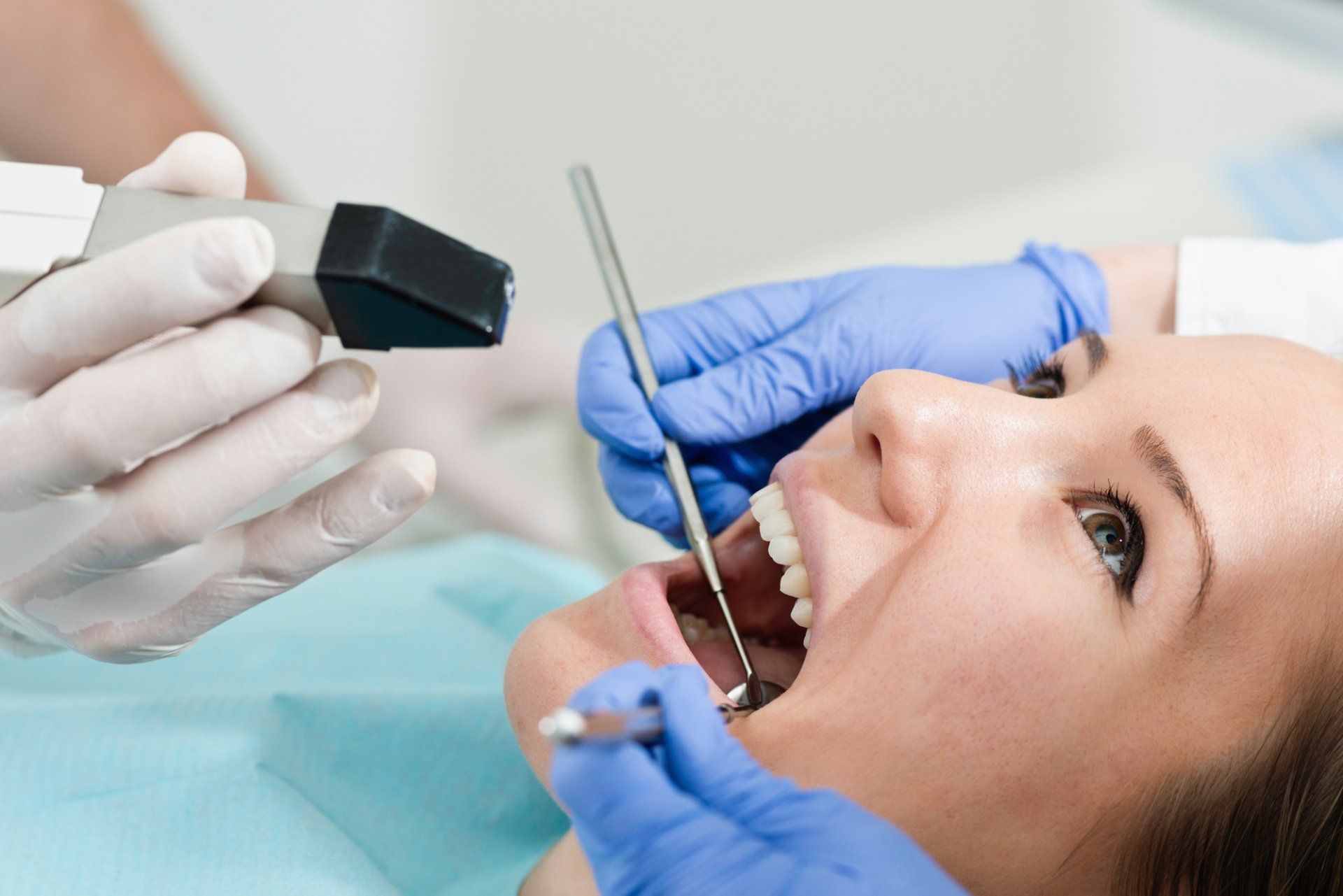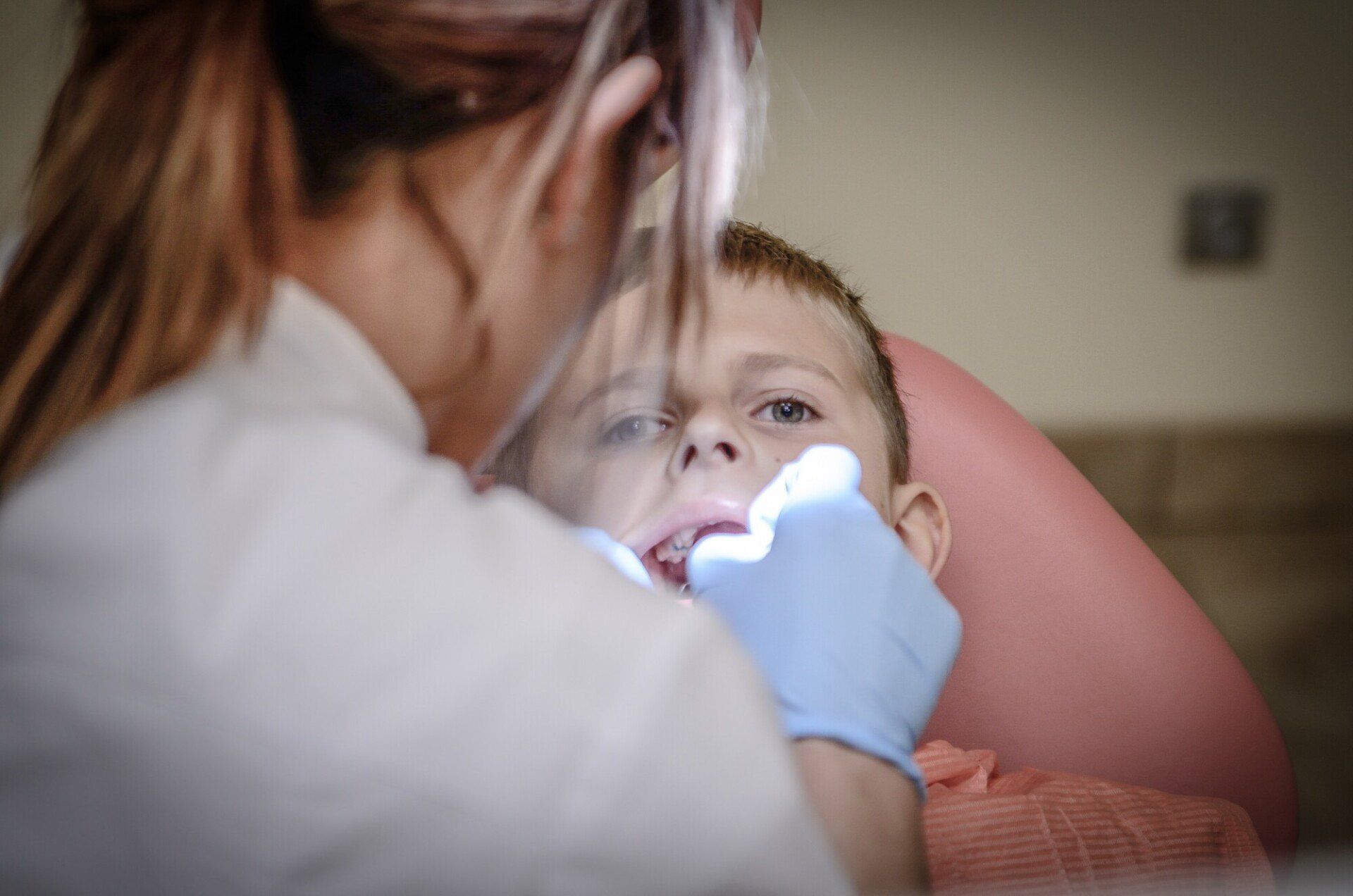How to Take Care of Your Teeth After a Dental Filling

96% of Americans have at least one cavity by the age of 65. Teeth filling is necessary to save the tooth and remove the decay.
Getting a dental filling takes care of the cavities, but for the filling to fully stay in place, you'll need to take care of your teeth. What's the best way to care for your teeth after a cavity dental filling?
If you're expecting to get a dental filling soon, here are some important ways to care for your teeth from your dentist in Peoria, AZ.
Eating and Drinking
After a dental filling, your dentist will educate you on what foods you should and should not eat for a certain period. Typically you can start eating when you feel ready, but hard foods and candies should be avoided for about two weeks. Hard foods may damage the filling or cause it to crack, which requires another trip to the dentist for repair.
Staying away from sugary foods as much as possible is also advisable. Excess sugar on teeth causes bacteria to produce plaque and tartar leading to cavities and even gum disease. If you do eat sugar, brush your teeth afterward to remove as much sugar as possible.
If you have a habit of chewing on hard objects like pen caps or biting your fingernails, your dentist may also advise you to stop. Chewing on any hard substance may damage your filling as well.
Managing Pain
When you have a filling, your dentist in Peoria gives you an anesthetic to numb the area so you don't feel the pain. You may feel some pressure during the actual procedure, but when the anesthetic wears off, you'll feel some pain.
Taking over-the-counter pain medications helps the pain subside for a time. If you're very sensitive to pain, or you've had multiple fillings, your dentist may prescribe stronger pain medication, though that's up to their discretion.
Pain is a normal response to fillings but should fade after a few days. If you had a deep cavity, sometimes the pain lasts for a week and may surface when you're chewing or speaking.
Sensitivity
Some people experience tooth sensitivity after a filling and this is completely normal. If the sensitivity bothers you, avoid hot or cold foods for a few weeks. But as long as you don't have pain along with the sensitivity, you should be ok, as long as you chew on the opposite side of your filling.
Your dentist can recommend a toothpaste formulated for sensitive teeth. If your sensitivity doesn't subside, you should contact your dentist.
Keep Your Oral Health in Check
Caring for your filling also involves brushing, flossing, and eating healthy foods. Brushing after each meal, or at least twice a day, and flossing once is necessary habits to avoid further cavities and maintain your filling.
You'll also want to visit the dentist twice a year to make sure your filling is holding up well. At your check-up, you'll get a deep cleaning which reduces the risk of more cavities and gum disease.
How Long do Fillings Last?
Fillings typically last about 10-15 when they're cared for well. Accidents do happen, but as long as you're visiting your dentist, keeping a healthy oral routine, and watching what you eat, you should expect your filling to last many years.
Different kinds of fillings may affect how long a filling lasts. The most common type of fillings is a composite resin, which hardens under a blue light almost immediately, and blends in with your teeth.
You can also have gold, but these are more expensive. In some cases, they're more durable, but they're also noticeable. Your dentist can talk to you about the type of filling that's right for you, especially if you're allergic or sensitive to certain metals.
If something does happen to your filling, be sure to let your dentist know so they can repair it.
When to Call Your Dentist in Peoria, AZ About Your Filling
Getting a filling is a routine procedure that's very common. However, there are times when things don't go according to plan. Here are some reasons you may need to call your dentist in Peoria, AZ about your filling.
Pain from your filling should only last a few days, but if it's prolonged pain, the filling may be set incorrectly. Because there are different types of fillings, they are set at certain times. If you're experiencing pain that's lasted longer than a week, you should reach out to your dentist.
If you think you've chipped or cracked your filling, you'll need to contact your dentist as soon as possible for a repair. Damaged fillings expose your teeth to bacteria, leading to potential dental problems.
Any bleeding or swelling is another sign that something isn't right with your filling. If your filling causes gum swelling, you should see your dentist.
Sometimes after a filling, it may be an odd adjustment to bite down. You may feel the sharp edges or your bite doesn't seem aligned. In these cases, you'll also want to contact your dentist if you feel something is out of place.
Getting A Dental Filling With A Dentist in Peoria, AZ
A dental filling saves your teeth when you have a cavity and allows you to use your tooth for many years. When you see a dentist in Peoria, AZ, you can feel confident that they'll educate you on how to care for your filling so it lasts for years to come.
Think you may have a cavity? Contact us today to
schedule your check-up with a Dentist in Peoria.










